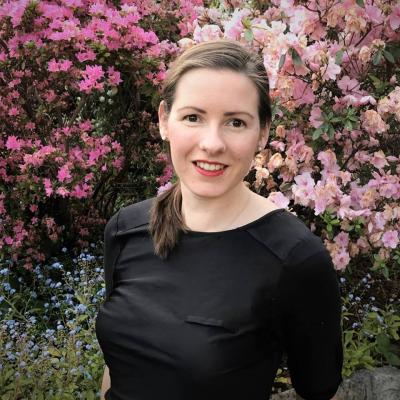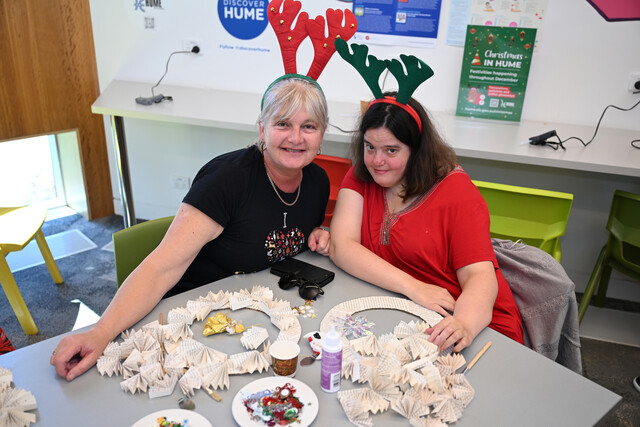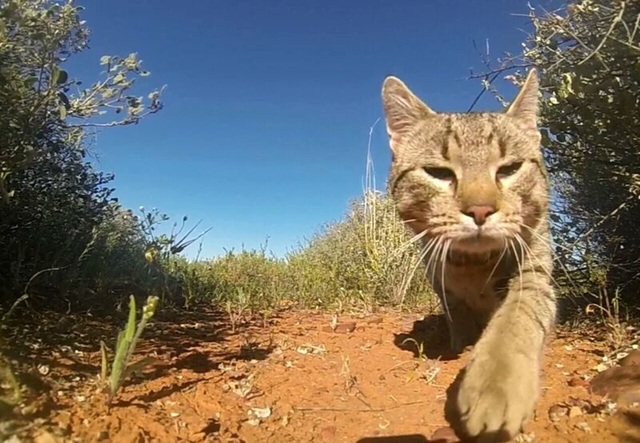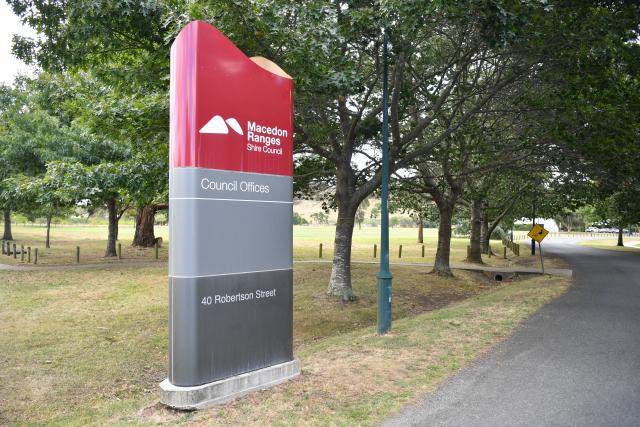Sarah Fiddelaers is a Romsey resident and author, who just released her second historical anthology, A Season in Paris, available at Collins Booksellers in Sunbury. She spoke with Oliver Lees for Book Week.
What is your connection to Sunbury and the Macedon Ranges?
I grew up in central Victoria, and in 2018 my husband and I bought a home in Romsey and moved our family to that wonderful little town. My husband and I are both country kids, but he has a city job, so we were grateful to be able to live in a country town with a fabulous community, only an hour from the city. It’s really important to us that our children get the freedom and joy of a country upbringing.
What can you tell me about your new book, A Season in Paris?
A Season in Paris tells the story of a little Parisian shop hidden away in the Bastille, and the stories of four women who lived there. There’s a story of a poor French girl with big dreams, an English socialite with a tragic secret, a passionate artist with a mad mother, and a fiery secret agent trying not to fall in love with her assignment.
Writing this book was an exciting escape. My co-authors and I wanted to write something to lighten the grey skies of winter, and distract from all the uncertainty in the world at the moment. Since we can’t travel overseas, we decided to invite readers into our Parisian shop through the collection of stories in A Season in Paris.
There is absolutely something for everyone. What I’ve loved about working with my co-authors is that we all have a deep love of history that we’ve brought to the page in such different ways.
Historical elements feature heavily in your writing, what are some of the pros and cons of incorporating the past in your work?
My favourite part of writing this story was immersing myself in Paris of the 1930s and exploring the glamour and uncertainty of the time. Unlike my previous characters in Easter Dawn, these characters have all been through a world war and know just how fragile peace and life can be. The tension of the time, and the resulting hedonism and sense of impending doom was fun to play with.
Of course, one of the big challenges that comes with writing historical fiction, is to try and remove my 21st century judgement, or at least keep it from the characters. Which is impossible to do in full measure, but important to keep a check on as an author. I tried hard to keep any knowledge from my characters that they would not have had access to at the time.
This week is the 75th anniversary of Book Week. How did your experiences of reading as a child influence your decision to become a writer?
I have two thrilled little girls going off to their Book Week parade this week dressed as the twins of Saint Clare’s. I lived and breathed Enid Blyton as a child and it’s exciting to see my children inherit that love. Growing up in a small country town, we were reliant on the mobile library for our books, and we often had to wait weeks at a time for a certain book to become available. Well, to fill in the time between books, I started writing my own stories, and I’ve never stopped!
I love connecting with other readers and writers. We’re so lucky in the Macedon Ranges to have such a vibrant community of creatives. If you’re a writer looking for other writers, or even if you’re a secret writer and would like to know more about the world of writing and books, please get in touch!







